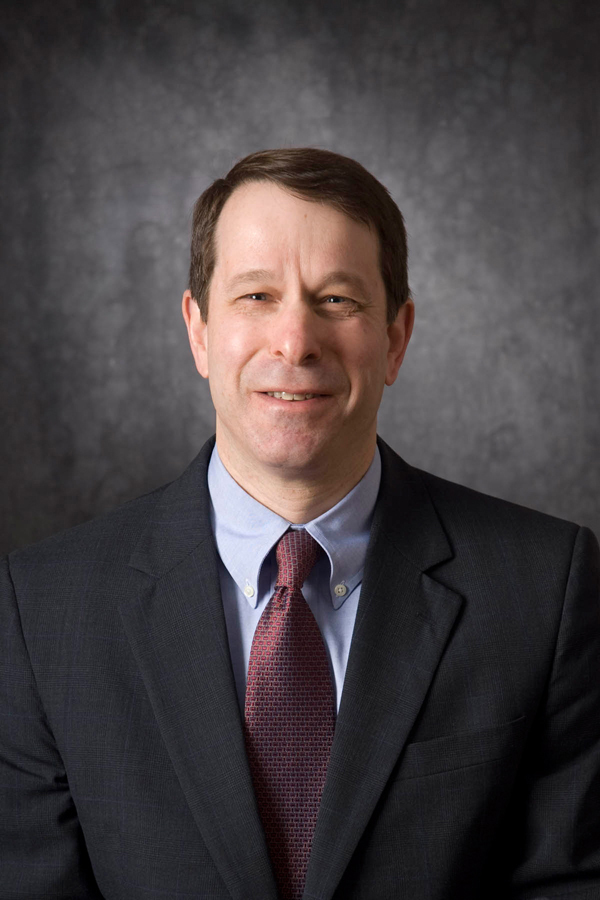According to the United Nation’s Environmental Program, by the year 2050, 200 million people will be displaced by climate related disasters; millions around the world have already been displaced by significant storm events, particularly in developing countries. This past year, Mark Carney, CEO of the Bank of England, said the threats of climate change could be the greatest economic hurdle in the history of mankind. Pope Francis has made climate change a central component of his work. Two important world leaders, President Barack Obama and President Xi Jinping of China, have taken steps to curb carbon emissions linked to climate change.
Even as debate over the causes of climate change remains, most agree a global crisis driven by weather extremes, financial inequalities and a growing population with higher demands for food and clean water is looming. There are those that claim water is the primary resource for which Middle East nations are at war.
The majority of the world’s urban hubs are vulnerable to climate change largely because they are built along the water. These cities are striving to come to some consensus on how to deal with projected calamity, and Boston is right in the front lines. The city’s latest initiative, Climate Ready Boston, is indeed striving for change. New methods of developing resilient and sustainable solutions are undeniably a need for our cities. Boston is seen as a leader for its proactive resiliency planning efforts. This spring, U.S. Secretary of State John Kerry and Boston Mayor Martin Walsh announced Boston will host the U.S.-China Climate Summit in 2017, bringing some 2,000 urban and business leaders together to address the crisis.
The sand is literally shifting from beneath our feet as the private sector, sensing economic opportunity, is working more closely with cities to address climate change as a component of urban design and development. We must further engage the private sector if we are to have the capital necessary to make real change. According to Sean Kidney, co-founder and CEO of Climate Bonds Initiative, “There is no shortage of money, there is more of a shortage of ideas. Small and medium enterprises have a critical role to play in this new development. Massive needs to re-adapt places, job creation, economic development, while we climate proof our economies.”
In my experience working on resiliency and sustainability, I’ve come to believe the majority of people want to mobilize to prevent the tragic consequences of climate change, but no one wants to pay for it. We need to stop seeing climate change as a loss and start seeing it as an opportunity. We can change our cities starting now. The time to invest in climate resilient development and architecture is now, because long-term solutions will always keep us ahead of the game.
Arlen Stawasz is a resiliency strategist at Perkins+Will and co-chair of ULI’s Climate Resilience Committee.







